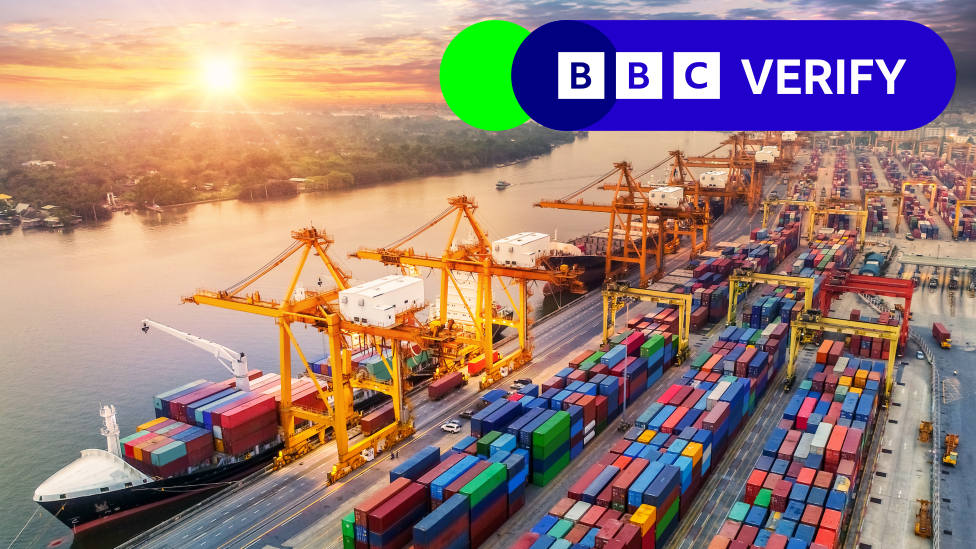Brexit: What has happened since 31 January?
- Published
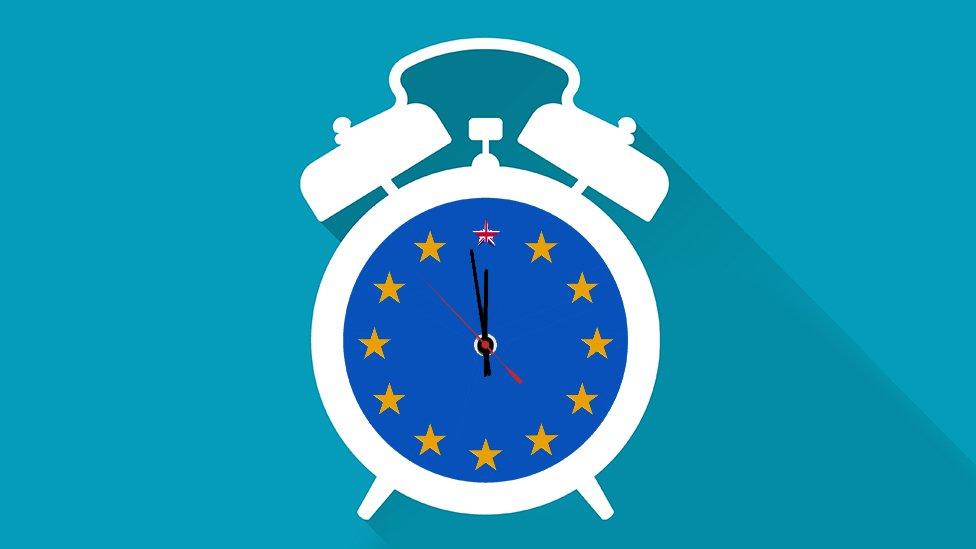
With the world gripped by the coronavirus pandemic it's been easy to lose track of what's happening with Brexit. Big changes will happen from 1 January, but the UK and the EU are running out of time to agree the new rules.
Here are nine significant moments from this year.
1. The UK leaves (31 January)

At 23:00 GMT on 31 January the UK officially left the EU - nearly four years after the public vote took place.
Brexit supporters celebrated in London's Parliament Square, while Prime Minister Boris Johnson vowed to bring the country together and "take us forward".
But the UK did not immediately cut all of its EU ties. The UK went into a transition period that meant continuing to follow EU rules until 31 December 2020.
The transition was to allow both sides some breathing space while further UK-EU talks take place. The outcome of these negotiations will determine the rules for the new UK-EU relationship - including on trade - which will start on 1 January 2021.
2. UK-EU trade talks start (2 March)
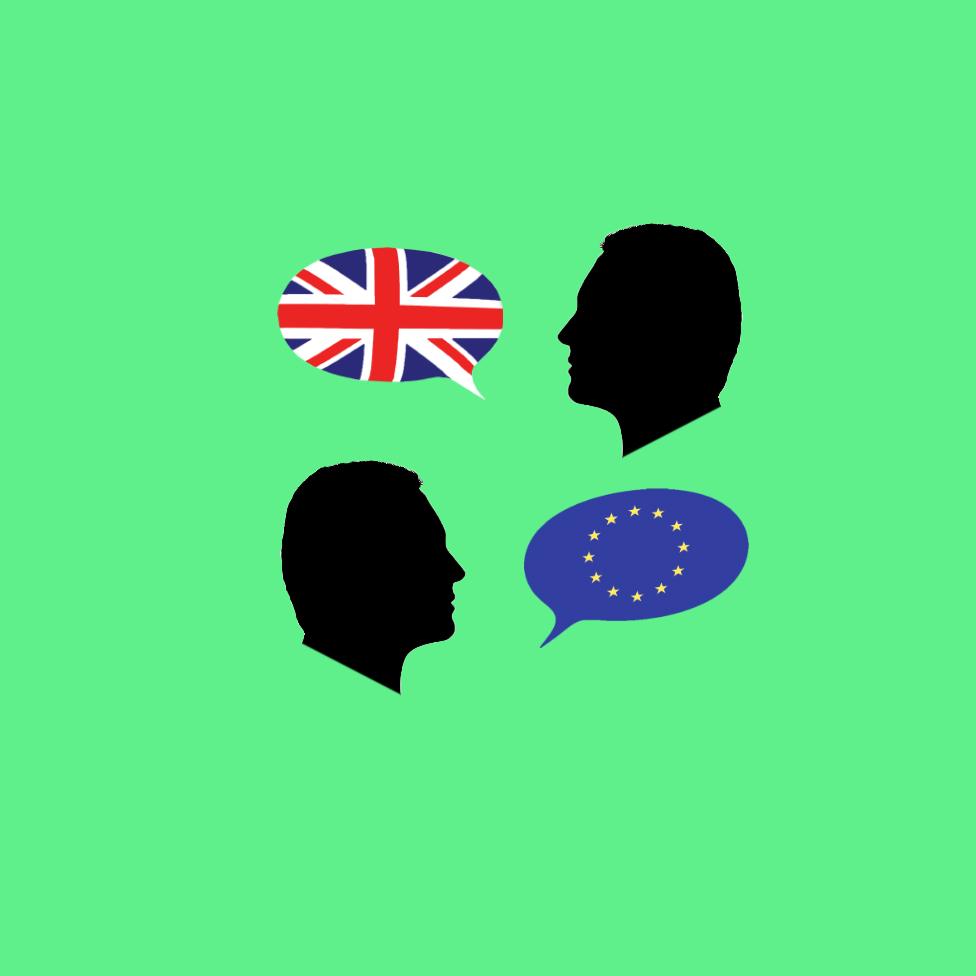
The new negotiations got under way in Brussels on 2 March.
Leading the talks for the UK was David Frost, who arrived with 100 advisers and government officials. At the opposite end of the table was Michel Barnier - the EU's chief Brexit negotiator.
The biggest issue was a trade deal - everything from lorries crossing borders to financial services rules. But there was plenty of other stuff to discuss - security co-operation and medicine safety being examples.
Both sides say they want to avoid tariffs, which are taxes on goods that cross a border. But the UK wants to set all of its own rules and the EU says it doesn't want changes to the rules that mean the UK has an unfair advantage.
3. EU says talks are 'going backwards, more than forwards' (21 August)
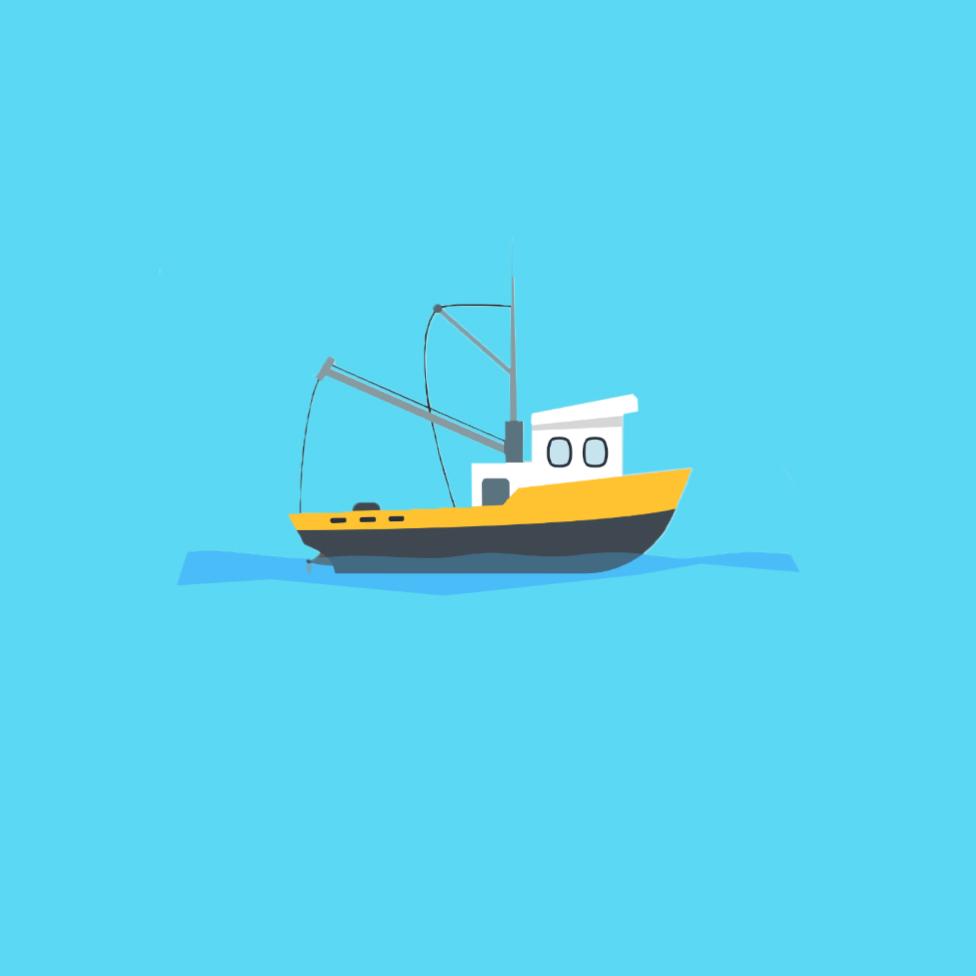
With the coronavirus crisis taking centre stage, little progress was made with the trade talks.
Two major sticking points emerged:
Fishing: Both sides disagreed on how much access EU boats should have to UK waters.
State aid: Under current EU rules, countries are not allowed to give money to save failing companies. The UK argued it should be allowed (now that it's not in the EU) to spend state aid money on whatever it wants. However, the EU said the UK should follow the current rules so that its businesses would not gain an unfair advantage over EU competitors.
Frustration was growing on both sides and on 21 August Mr Barnier told a press conference that the chance of an EU-UK post-Brexit trade deal "seems unlikely" while Lord Frost said the EU had made things "unnecessarily difficult".
4. UK says it is not scared to walk away (6 September)
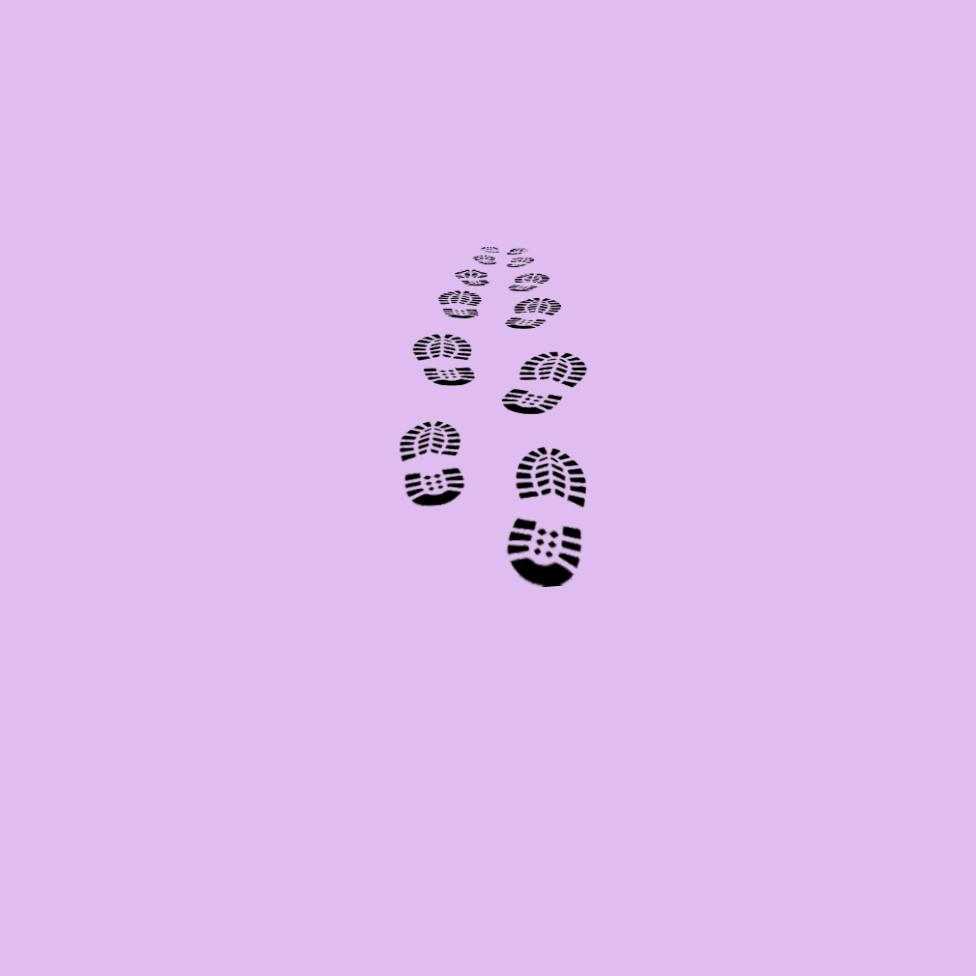
In a further sign that talks were in trouble, Lord Frost told the Mail on Sunday that the UK was not scared to walk away and urged the EU to "take our position seriously".
If talks do fail then charges - known as tariffs - would be applied to most goods which UK businesses send to the EU. That could make UK goods more expensive in the EU. Tariffs on EU goods coming into the UK would also be introduced.
Full border checks would also be needed and businesses have voiced their fears that this would cause long lorry queues at ports and lead to significant trade disruption around the country.
Both sides want to continue to trade with zero tariffs and not bring in too many extra checks - but that will require a trade deal. The UK also wants services - everything from accountancy to education - included in any deal.
5. UK admits its Brexit changes will 'break international law' (8 September)
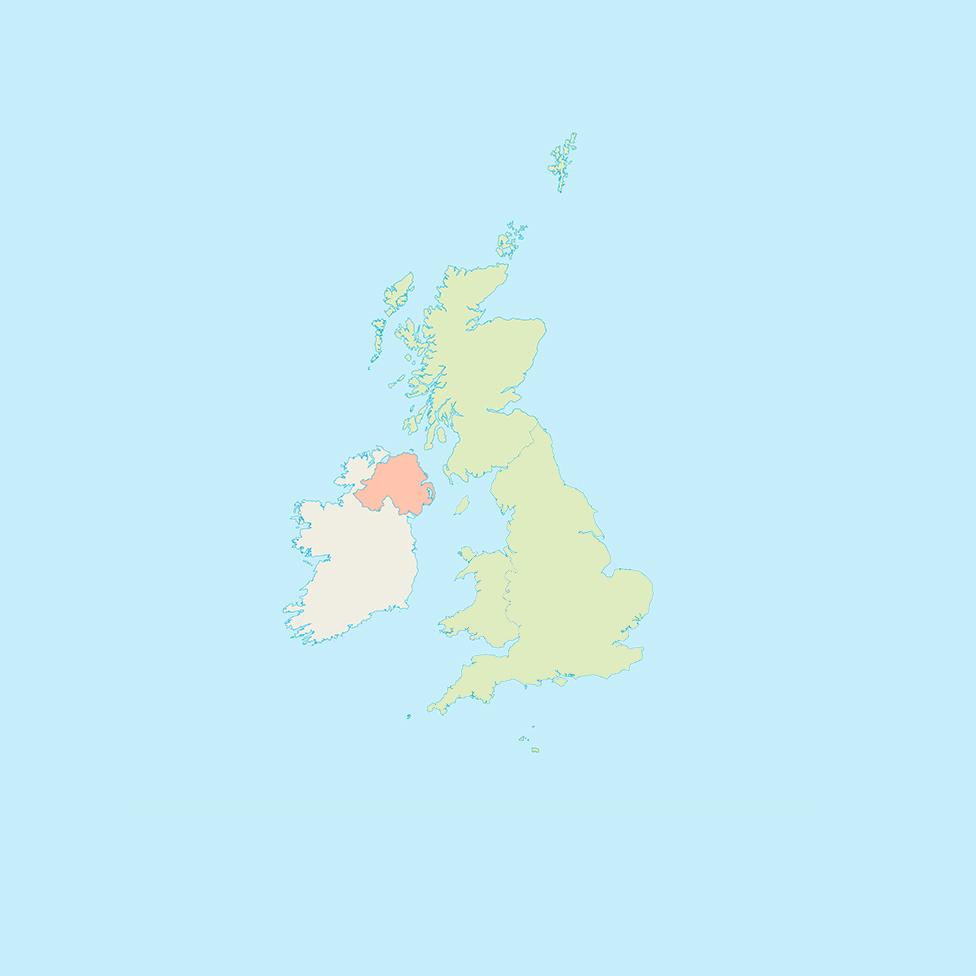
In September, the UK government proposed changes that it acknowledged would break international law in a "specific and limited way".
The Brexit deal negotiated in 2019 - known as the withdrawal agreement - established new checks on goods travelling from Great Britain and Northern Ireland. This was to prevent checks from having to take place along the Irish border after the transition ends.
Brandon Lewis said Northern Ireland customs rules legislation would “break international law in a very specific and limited way”
However, the UK government said it wanted to make changes to the previously-agreed arrangement in order to bring clarity and avoid disruption from 1 January.
In response, the EU announced it had started legal proceedings against the UK. Despite this, the EU said it would not walk away from the trade talks.
6. UK announces trade deal with Japan (11 September)
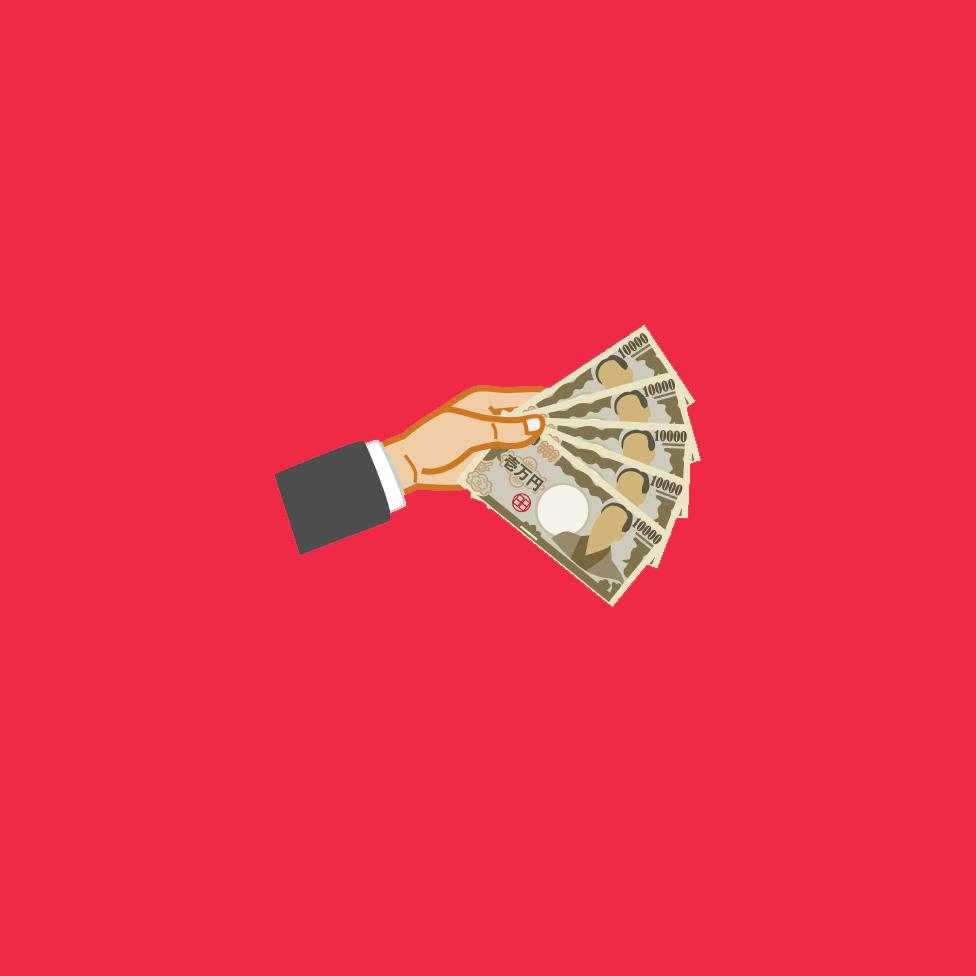
A "historic moment" was how International Trade Secretary Liz Truss described the signing of the UK's first major trade deal since it left the EU.
Brexit supporters said the Japan agreement showed that the UK could negotiate better deals than the EU and that further ones would follow.
Critics, however, said it was more important to remain close to the EU and that the Japan deal largely replicated the deal the EU already had.
7. Biden warns UK over Brexit changes (16 September)
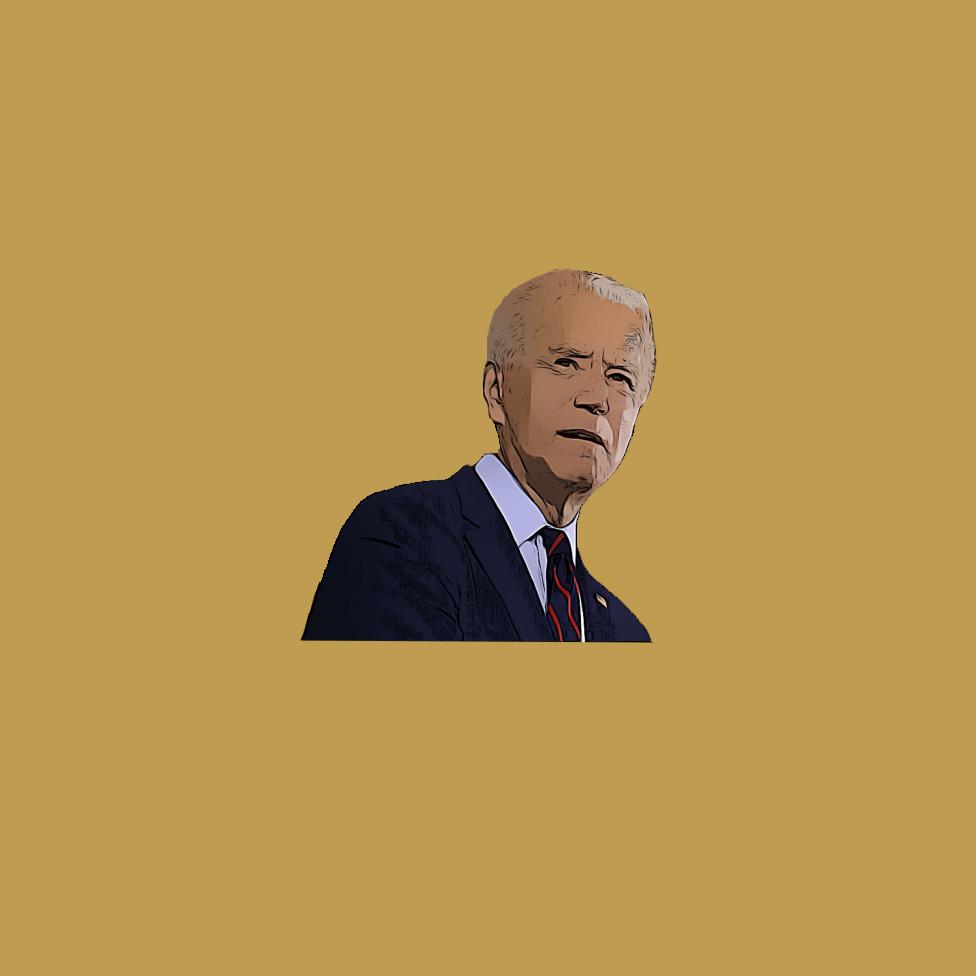
US presidential candidate Joe Biden said he would not allow peace in Northern Ireland to become a "casualty of Brexit". In the tweet sent on 16 September, Mr Biden also said there would be no future US-UK trade deal if border checks returned.
Allow X content?
This article contains content provided by X. We ask for your permission before anything is loaded, as they may be using cookies and other technologies. You may want to read X’s cookie policy, external and privacy policy, external before accepting. To view this content choose ‘accept and continue’.
8. New lorry permits announced (23 September)
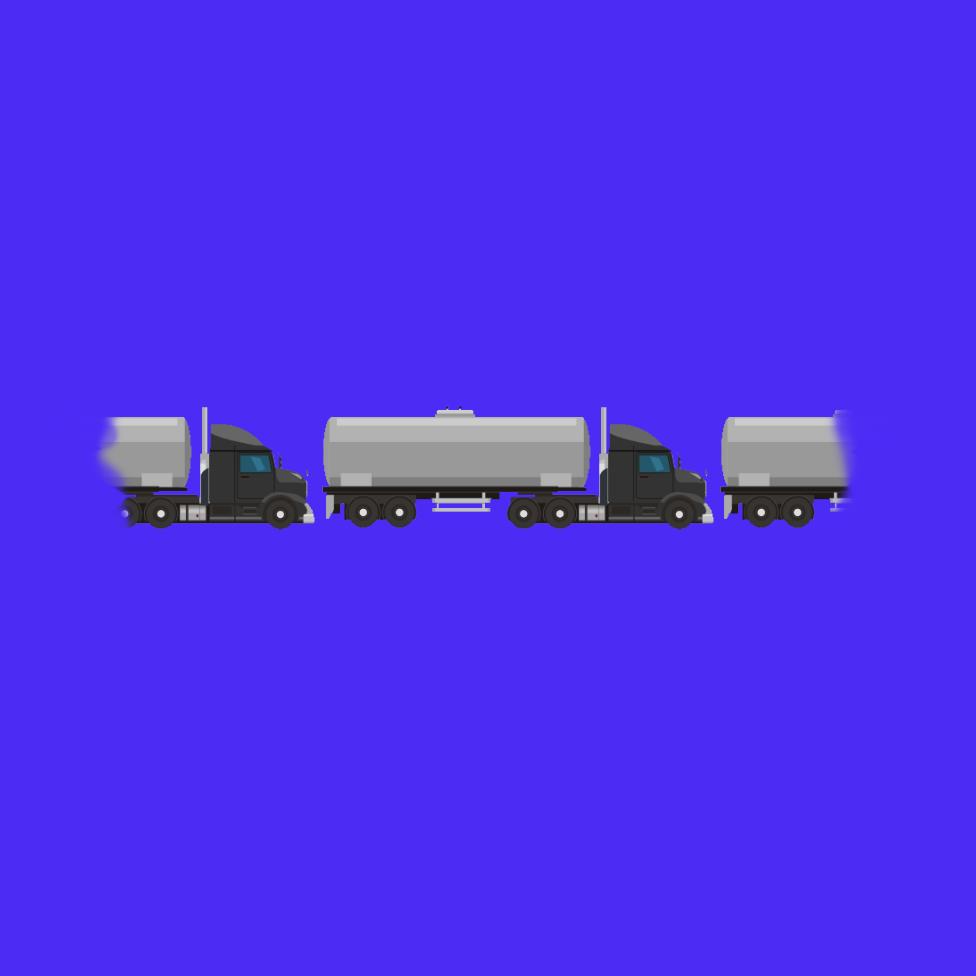
With no breakthrough in the trade talks, the UK government unveiled how it would handle a "reasonable worst case scenario" where queues of 7,000 trucks could clog up roads around the port of Dover and Channel Tunnel from 1 January.
To avoid this, the government said it would introduce a new permit system for lorries entering Kent. This would be to prevent lorries without the right paperwork from travelling into the county and attempting to ferry goods to the EU.
9. Boris Johnson says trade deal is 'up to the EU' (2 October)
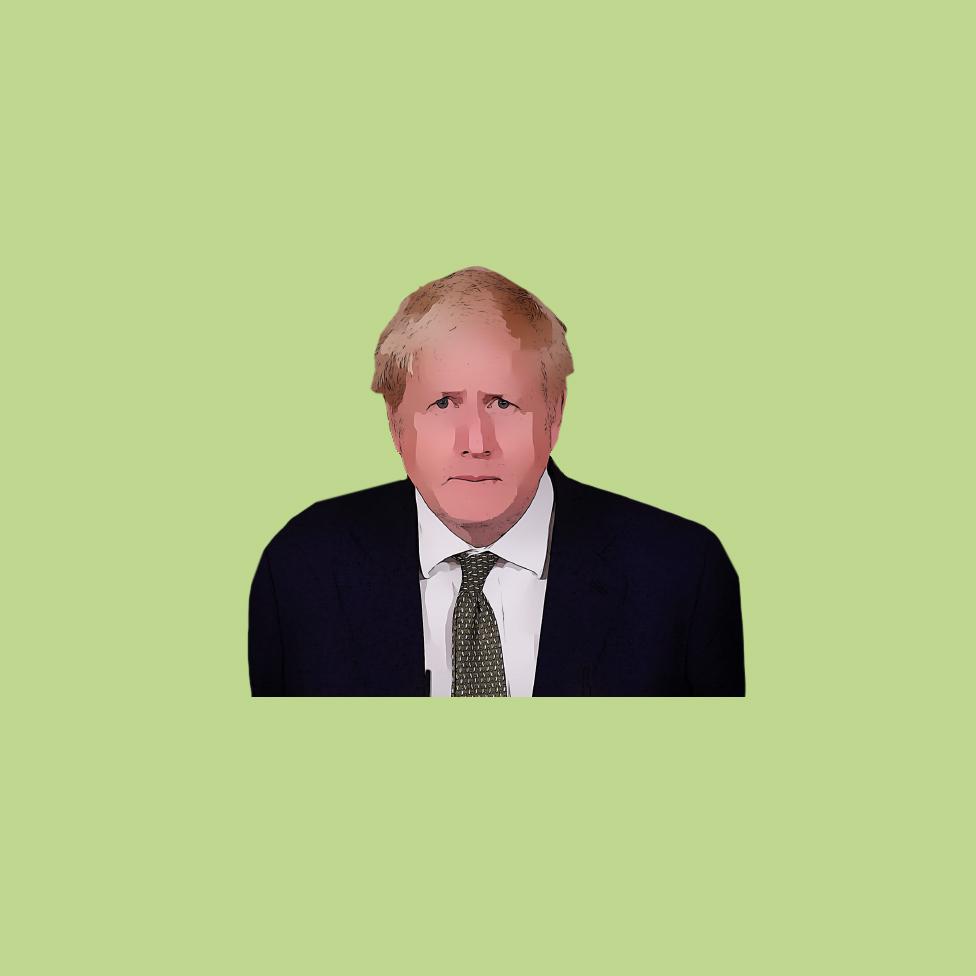
With less than 100 days before the new relationship was due to begin, Mr Johnson said that a deal was "all there" and that it was up to the EU to get it across the line.
The EU said while agreement had been reached in a number of technical areas, such as aviation safety, there were still some serious differences to overcome.
If a trade deal doesn't happen then contingency measures, in areas like medicine safety, could be introduced. This would be to try to cushion some of the worst disruption that could begin on 1 January.
- Published30 December 2020

- Published26 January 2024
